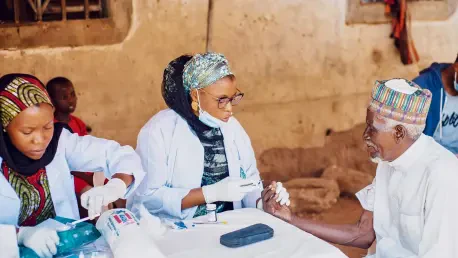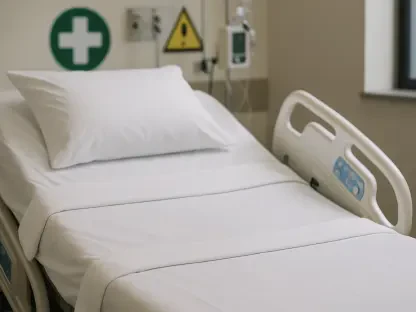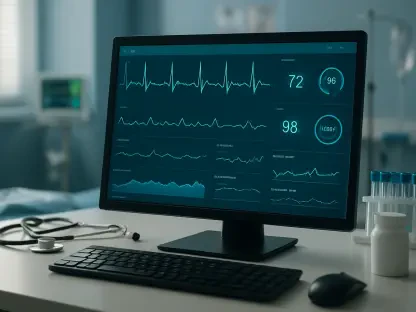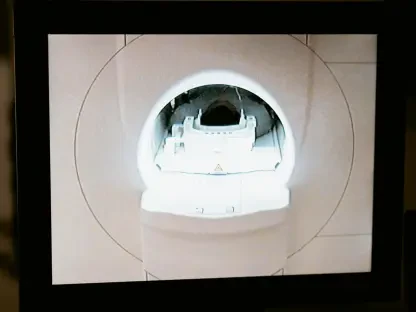In a significant development shaking the healthcare landscape of Nigeria’s Federal Capital Territory, resident doctors have embarked on a warning strike to press for long-overdue improvements in their welfare and working conditions. This action, initiated by the Association of Resident Doctors in the FCT, underscores a growing frustration among medical professionals who feel their grievances have been repeatedly ignored by both the federal government and hospital management. The strike, which began earlier this week, has halted non-emergency services at major hospitals, leaving countless patients in a precarious position. While emergency units remain operational to handle critical cases, the broader impact on outpatient care and elective surgeries has sparked widespread concern among the public. This move by the doctors is not just a protest but a desperate call for systemic change in a healthcare sector plagued by inadequate resources and unresolved labor disputes, setting the stage for a deeper examination of the challenges at hand.
Addressing Unmet Needs in Healthcare
The core of the resident doctors’ grievances lies in a series of unmet demands that have persisted despite numerous attempts at dialogue with authorities. Key among these are the payment of salary arrears, which have left many doctors financially strained, and the urgent need for essential medical equipment to ensure effective patient care. Additionally, the call for improved working conditions reflects a broader struggle against environments that hinder their ability to deliver quality service. The President of the FCT chapter of the Association of Resident Doctors has publicly stated that this strike was a last resort after months of fruitless negotiations, highlighting a profound disconnect between healthcare workers and decision-makers. This industrial action, though limited to three days, sends a powerful message about the depth of dissatisfaction within the medical community. It also raises critical questions about how long such systemic issues can persist before irreparable damage is done to public trust in healthcare institutions across the region.
Impact and Response from Stakeholders
The ripple effects of the strike have been felt most acutely by patients and caregivers who rely on FCT hospitals for routine and specialized care. Stories of frustration abound, with many expressing anxiety over delayed treatments and the uncertainty of rescheduling vital medical procedures. This disruption underscores the delicate balance between labor rights and public service delivery, placing innocent bystanders in a difficult position. Meanwhile, the FCT Administration has responded by scheduling urgent talks with the leadership of the resident doctors’ association, signaling a commitment to resolving the crisis. Their public statements emphasize a dedication to quality healthcare, though skepticism remains about whether these discussions will yield tangible outcomes. Beyond the immediate healthcare sector, this strike mirrors a larger wave of labor unrest across Nigeria, hinting at systemic challenges that transcend individual industries. Reflecting on this moment, it becomes clear that sustained dialogue and concrete reforms are essential to prevent future disruptions and rebuild confidence in critical public services.









